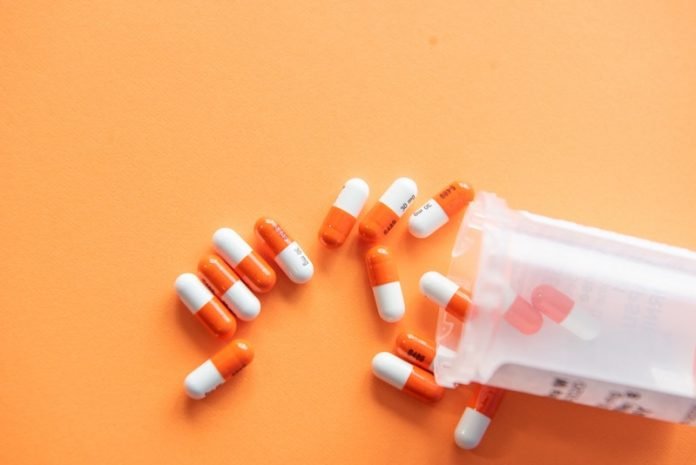
In the early days of the COVID-19 pandemic, doctors in Wuhan noticed something surprising.
Many of the elderly patients who survived the virus were poor: not exactly the demographic you would expect to fare well in a health crisis.
In a recent study published in Signal Transduction & Targeted Therapy, researchers found that many suffered from chronic heartburn and were taking an inexpensive drug called famotidine, the key ingredient in Pepcid.
One author of the study is Phil Bourne.
The researchers analyzed information from a database that holds the medical records of millions of COVID-19 patients living in 30 different countries.
The team winnowed that number down to around 22,000 people, the largest sample size for a study on famotidine and the disease to date.
They showed that when delivered at high doses (the equivalent of about 10 Pepcid tablets), famotidine appears to improve the odds of survival for COVID-19 patients, especially when it is combined with aspirin.
It also seems to hinder the severity of disease progression, making patients less likely to reach the point where they require intubation or a ventilator.
One of the most dangerous phenomena COVID-19 can trigger in your body is something called a cytokine storm, which is a potentially fatal amplification of an immune response.
When you become sick, your immune system releases inflammatory proteins called cytokines that tell your immune cells how to fight the infection.
But in more severe illnesses, cytokine production can spiral out of control, becoming dysregulated.
The team’s theory is that famotidine suppresses that reaction. Although it was developed with a specific purpose in mind—blocking the histamine receptors that help produce acid in your stomach—famotidine, like all other medications, can cause side effects.
The researchers believe that interfering with cytokine storms might be one of them.
People generally think of side effects as a bad thing, but in some cases, they can be harnessed to treat other conditions. In the future, it’s possible that famotidine could be re-purposed in this way.
If you care about COVID, please read studies about early use of this blood thinner drug may reduce COVID-19 death and findings of this drug may prevent respiratory and heart damage in people with COVID-19.
For more information about COVID and your health, please see recent studies about scientists find potential new drugs to fight COVID-19 and results showing that cholesterol-lowering drugs may reduce COVID-19 death in these people.
Copyright © 2021 Knowridge Science Report. All rights reserved.



